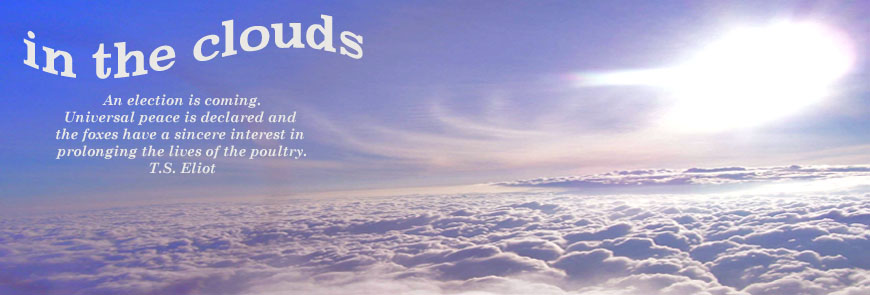I must admit that throughout high school and part of college, I never followed politics and was only interested in the elections when it came to the countdown of electoral votes on TV (Bush-Gore comes to mind with its exciting election day coverage). In the 2004 election, I paid more attention and did my part by voting, and now in 2008, I am trying to make up for years of political ignorance by understanding what these candidates and all their media are throwing at us. While this is only the second presidential election in which I have taken an interest, however, I am well aware that more than 50% of what the candidates, their representatives and their respective media allies dish out is not 100% true. And I suppose, in a way, it wouldn't be quite as exciting if it were.
Cathleen Decker of the LA Times explores the variety and sustainability of lies in this campaign, suggesting that they play a more prevalent role in 2008 than in any other presidential election, and that when candidates are confronted with their misspoken facts and assumptions, the response is to defend rather than repeal. "A campaign adage has proved itself again: Repeat something often enough, and it becomes real, even when it isn't."
So is the prevalence of lies and falsehoods in this campaign all the candidates' fault? Or is it the media that paints every misstatement as a lie, perhaps when it is really something else?Both major party candidates for president vowed to run a different kind of campaign, implicitly promising a break from the spin-fests that past contests had become. But the close race and the tumultuous media environment in which McCain and Obama now find themselves appear to have crushed those notions.
In this presidential campaign, as in others before it, words can be shaded in a variety of ways -- direct falsehoods, technically accurate but misleading statements, incendiary suggestions or cherry-picked information lacking necessary context. Careful attention to wording is key.Among the so-called "lies" and "spins" of this campaign are those about kindergarten sex education, lipstick on a pig, the bridge to nowhere, supporting earmarks and loan guarantees for the auto industry, just to name a few. But Decker makes a good point when she highlights the fact that mainstream media is not the only force pushing these controversies down our throats. She quotes Republican political analyst Dan Schnur, "The current media environment allows misstatements from both sides to skitter through the Internet and onto ideologically based cable and radio shows...there's plenty of talk shows and sites to deliver the message when the mainstream media chooses not to."
So how can the Internet generation be sure it's receiving the truth about lies? A lot of research, apparently. Though, it does make me wonder about those strapped-for-time people who read one or two political blogs along with a news column and only get half the story...those people who, before this class, were like me...


No comments:
Post a Comment